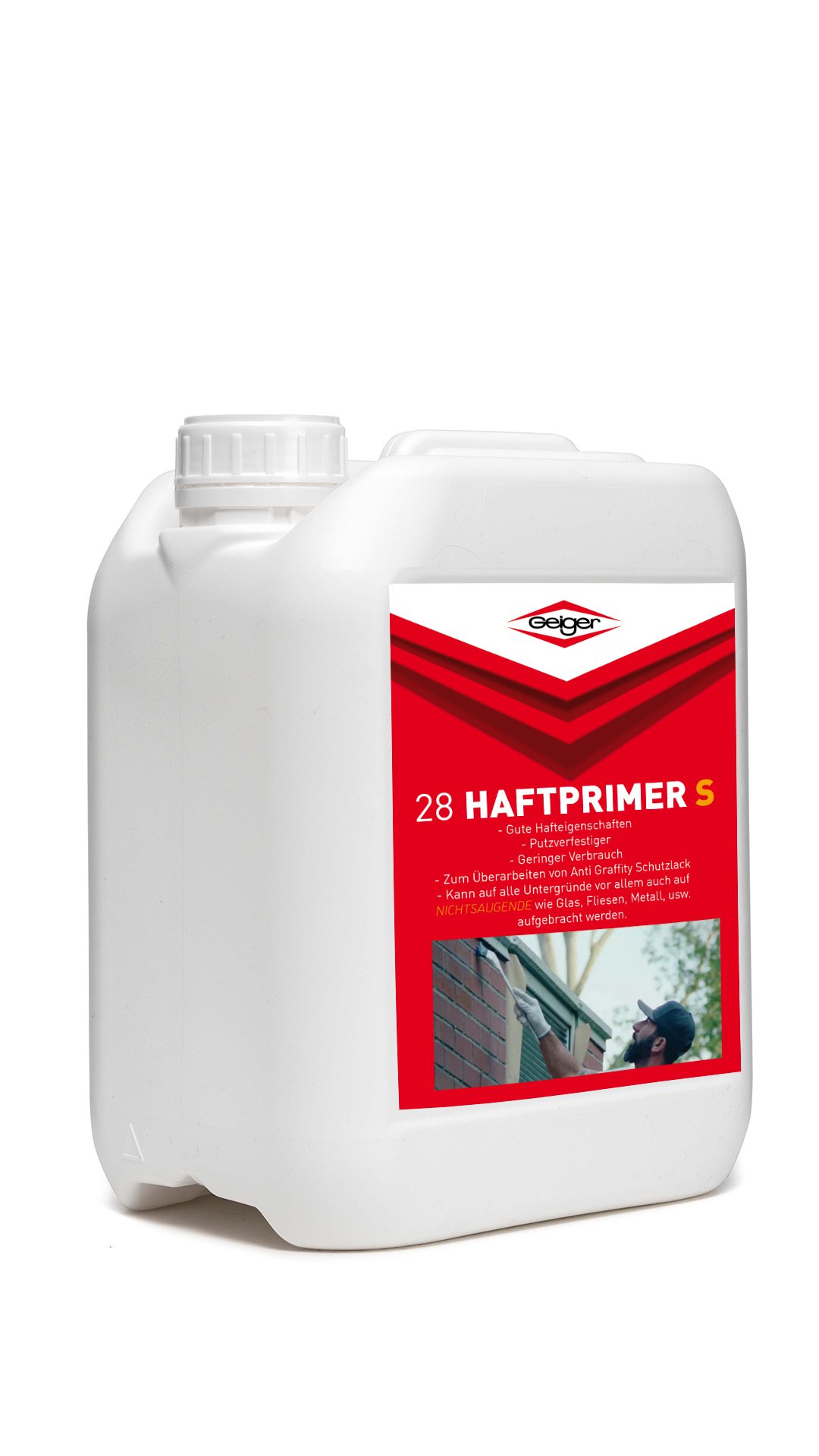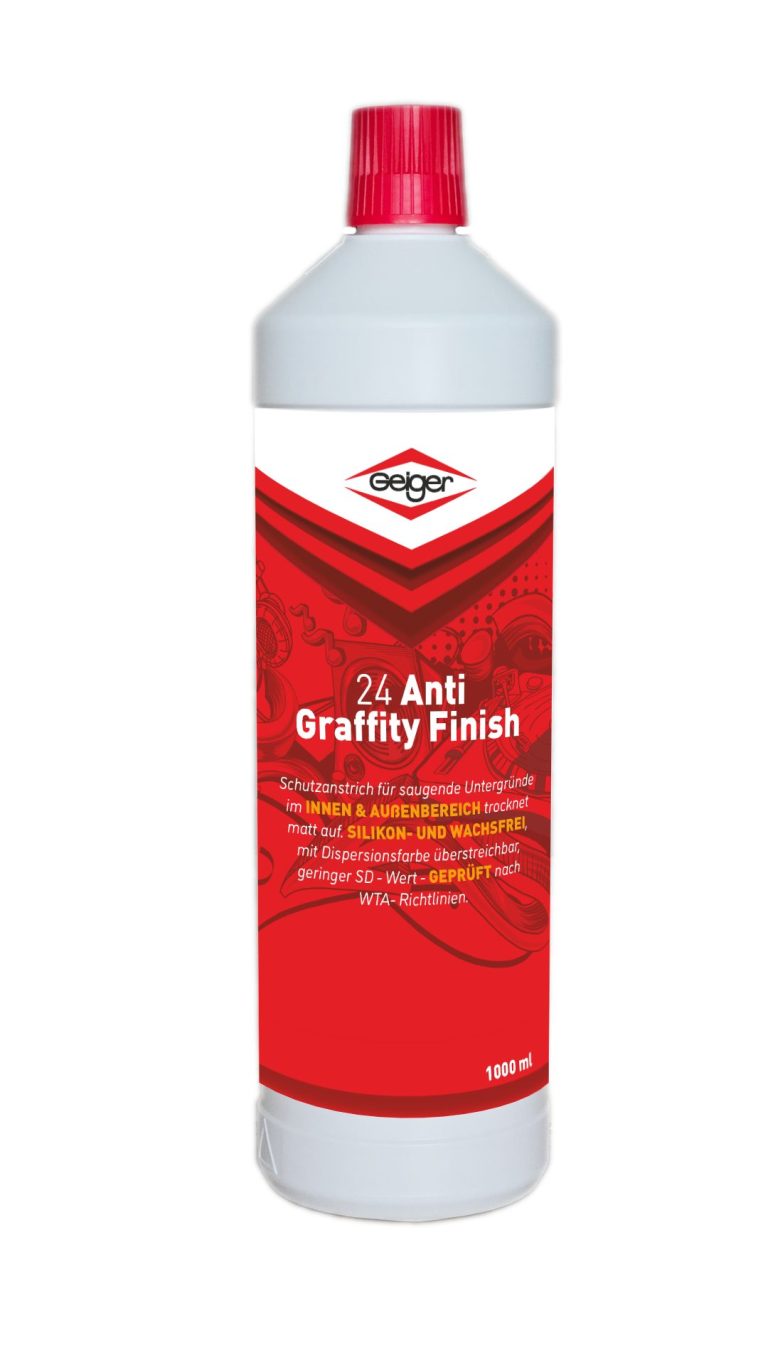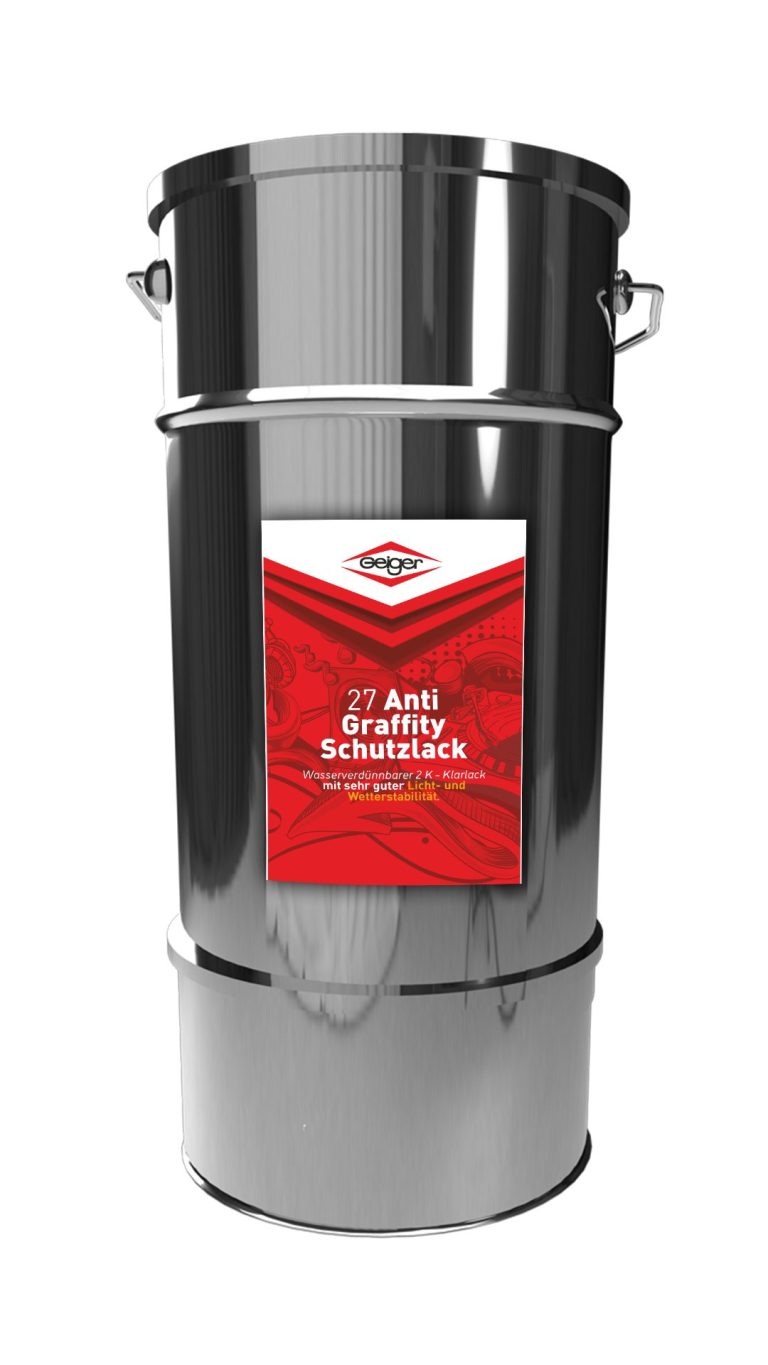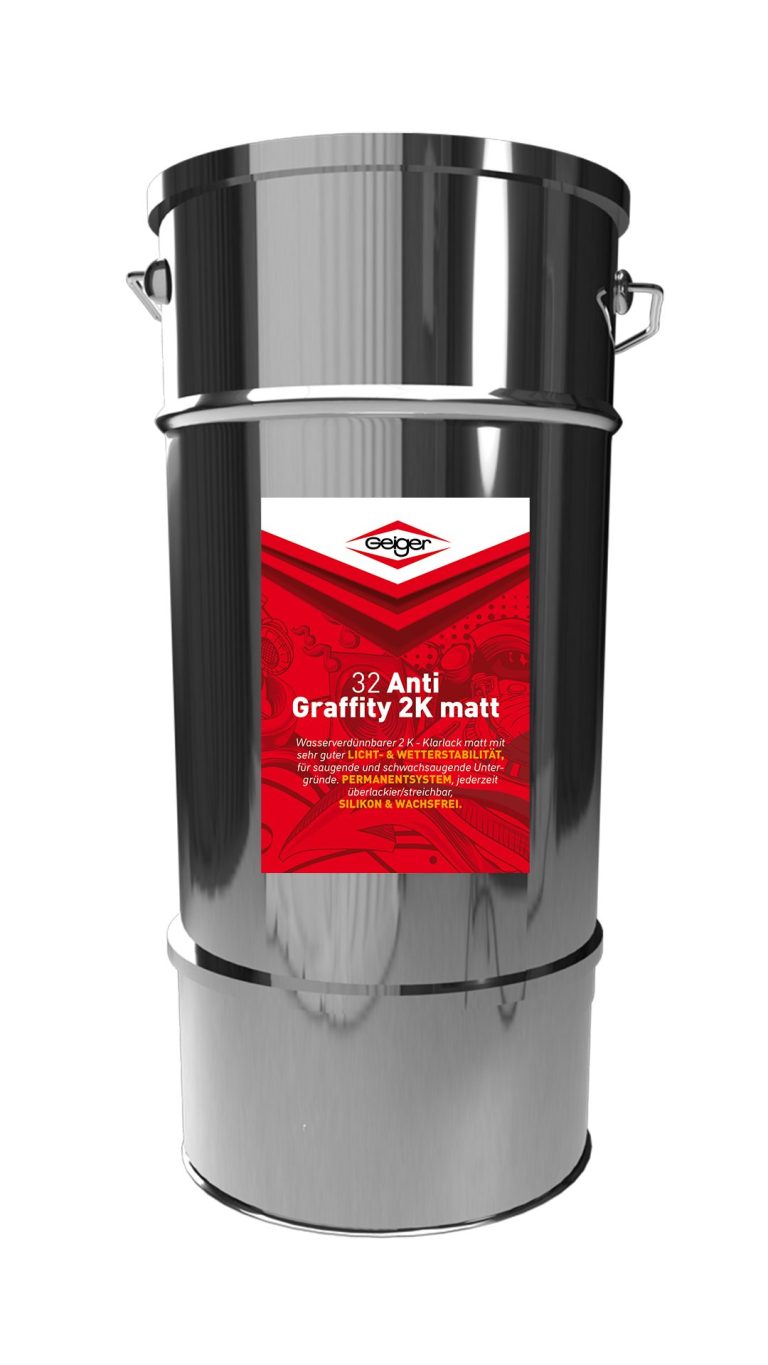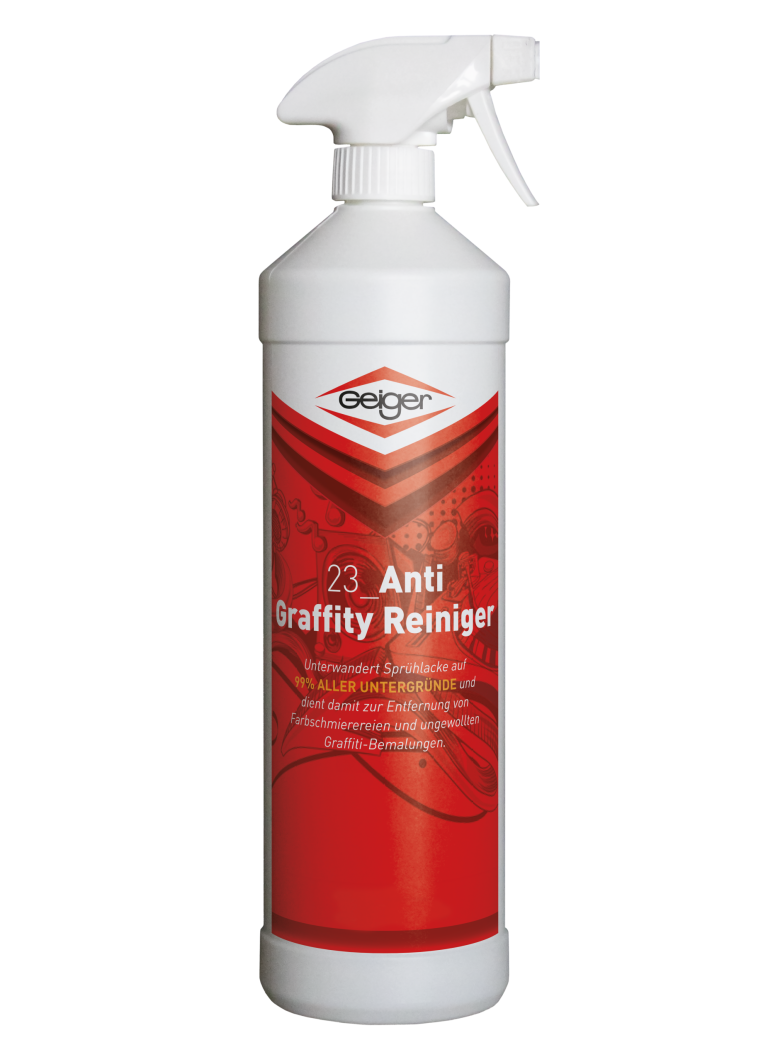This product is an acrylate-dispersion, forming after a short time a clear bright and slightly sticking film, with an excellent resistance to
alkali. When the Adhesive Primer S is showing the features as described above it can be reworked.
Adhesive Primer S can be applied on all mineral substrates, such as tiles, clinker, concrete and plasters (also on hardened new plasters), as well as on non-mineral substrates, such as upgraded insulation and façade paints and hardened old coatings. But it is useful, too, as an adhesive primer for anti-graffiti protective lacquers.
Also on other substrates such as wood or metal and plastic surfaces such as rigid PVC and acrylic a significant improvement of the adhesive qualities can be achieved for the subsequent coatings, based on waterborne and low solvent painting and coating material.
The primer is also appropriate for solvent based painting material if this does not contain petrol as a solvent.
Important: Always carry out preliminary tests!
The primer is not appropriate for hydrophobic and water-repellent substrates. Surfaces that are exposed to permanent moisture (back
area) are not supposed to be coated (e.g. free-standing walls).
Fibre-cement boards must be coated on all sides, also at the edges/ cut edges and at the drill holes. In addition, the coating instructions of the board manufacturers must be observed.
|
